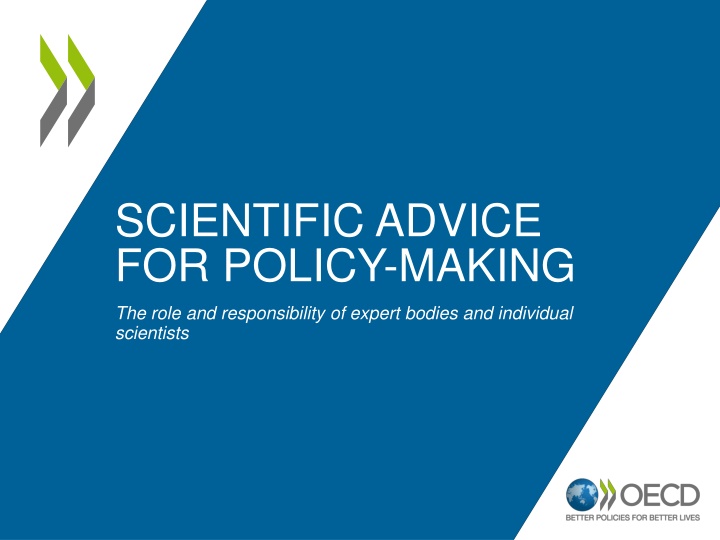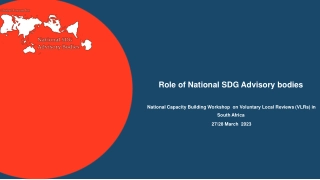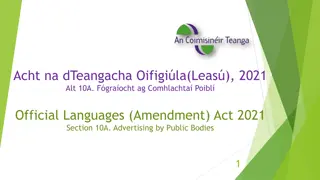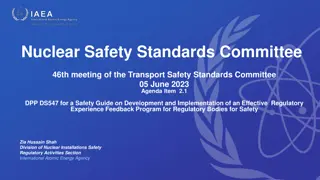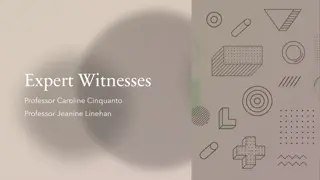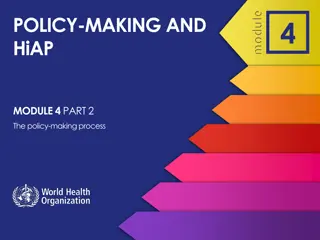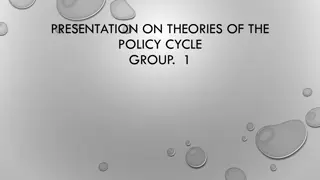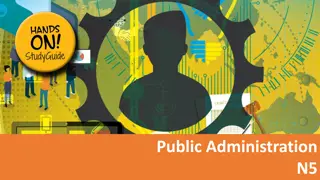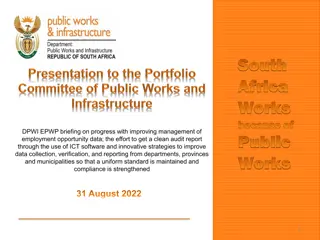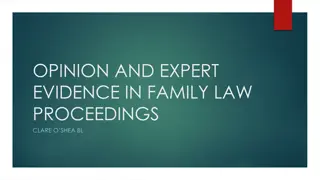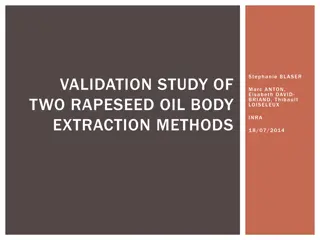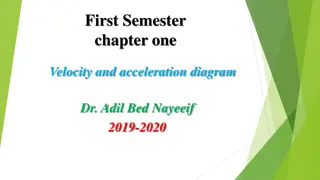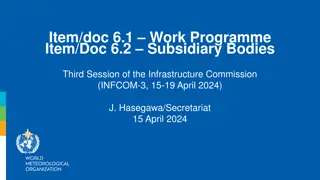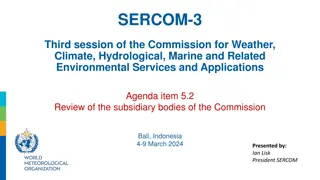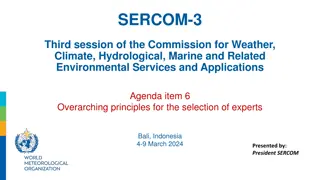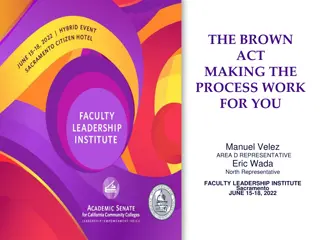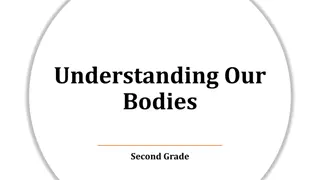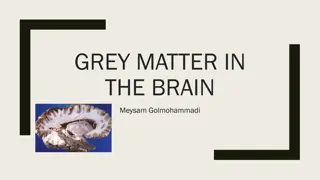Role of Expert Bodies in Policy-Making
This content discusses the responsibility of expert bodies and individual scientists in providing scientific advice for policy-making. It covers key aspects like the advisory process, roles and responsibilities, involvement of stakeholders, credibility, and international coordination.
Download Presentation

Please find below an Image/Link to download the presentation.
The content on the website is provided AS IS for your information and personal use only. It may not be sold, licensed, or shared on other websites without obtaining consent from the author.If you encounter any issues during the download, it is possible that the publisher has removed the file from their server.
You are allowed to download the files provided on this website for personal or commercial use, subject to the condition that they are used lawfully. All files are the property of their respective owners.
The content on the website is provided AS IS for your information and personal use only. It may not be sold, licensed, or shared on other websites without obtaining consent from the author.
E N D
Presentation Transcript
SCIENTIFIC ADVICE FOR POLICY-MAKING The role and responsibility of expert bodies and individual scientists
The GSF report Developed by an Expert Group with workshops, survey and interviews Overview of deliberative science advisory structures across countries Analysis of different phases of advisory processes Potential legal liability of advisors Specific challenges related to crises International coordination The role(s) of civil society 2
A check list for science advice An effective and trustworthy science advisory process needs to: a. Have a clear remit, with defined roles and responsibilities for its actors b. Involve the relevant actors scientists, policy-makers and other stakeholders, as necessary c. Produce advice that is sound, unbiased and legitimate 3
a. Remit, roles and responsibilities Need to be clear about: Advisory versus decision-making roles Who communicates to public, when and how? Legal responsibilities and potential liabilities (which depend on structure remit, jurisdiction and behaviour) Necessary institutional support relative to remit 4
b. Involving the relevant actors Include all relevant scientific disciplines Scientists and customer(s) jointly frame questions Transparent processes and procedures, e.g. for declaring conflicts of interest Effective procedures for international exchange/cooperation 5
c. Ensuring credibility & acceptability Based on best available science Assess and communicate uncertainties (probabilities) Independent of political (or other vested interest group) interests 6
STI MINISTERIAL SESSION ON SCIENCE ADVICE DAEJEON, KOREA, OCTOBER, 2015 Daejeon Korea, October, 2015 7
Ministerial outcomes Recognition that many different structures, individuals and processes Strong support for OECD principles/check list and need for common framework Need to improve exchange of data and information in international crises Need mechanisms to coordinate scientific advice and reach international consensus in crises Providing science advice should be valued an in academic reward systems 8
Recommendations Responsible authorities should: 1. Define clear and transparent frameworks and rules of procedure for their advisory processes and mechanisms 2. Establish effective mechanisms for ensuring appropriate and timely advice in crisis situations 10
Recommendations 3. Ensure coherence between national and international scientific advisory mechanisms related to complex global societal challenges 4. Implement measures that build societal trust in science advice for policy-making 11
